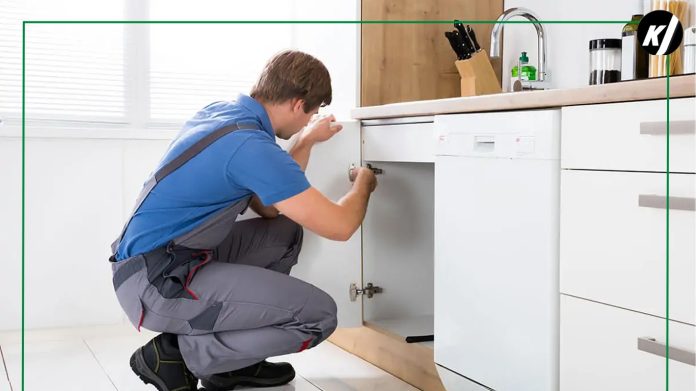Tenants in Dubai are ever more being asked to cover the cost of repairs and maintenance by landlords due to the high demand for rental properties.
These houses are now requiring tenants to pay for patch-up job, owners no longer spend their money on petty repair bills.
This is the main reason given the aspect of financial realities especially where the properties are located and the increase in the cost of running these centers. Tenants in turn are experiencing extensive maintenance costs and therefore aggrieved with such a state of affairs.
The average rents in Dubai have risen by 10% in the first half of 2024, and it is expected that they will increase by a similar proportion in the second half of the year. According to Nosh Jairn, the leasing manager of Humpy, landlords in Dubai traditionally handle routine maintenance, covering everything from external repairs to minor fixes.
“Recently, there has been a discernible trend where landlords increasingly transfer these costs to tenants. This shift often stems from financial considerations amidst rising property values and operational expenses,” he said.
Landlord limiting maintenance services
Landlords are often slow to address tenant issues, which can lead tenants to handle problems themselves. According to Jairn, landlords are typically responsible for all maintenance as stated in their contracts, particularly for structural damage and permanent fixtures.
However, some landlords intentionally limit maintenance services by refusing to address issues such as water taps or locks unless they involve structural elements like pipes or cables within walls. This not only inconveniences tenants but also puts pressure on those paying below current market rates, pushing them to leave and allowing re-rental at higher rates. This approach raises ethical concerns and potential legal disputes.
Jairn also stated that tenants paying higher rents expect high maintenance standards and may consider moving if these standards are not met.
Escalating disputes need clear guidelines
Jairn emphasized the need for transparent lease agreements outlining maintenance responsibilities and recommended tenants negotiate terms diligently with trustworthy agents. Stakeholders await governmental intervention to streamline reporting of unethical landlord practices without burdening tenants financially, to maintain Dubai’s rental market reputation.
Jairn highlighted that Dubai’s real estate boom has attracted global investors, but they need to invest in long-term tenant relationships. It’s costlier for investors to change tenants yearly, so tenants should inquire about maintenance coverage before signing a contract.
James of Betterhomes noted increasing misunderstanding due to poorly communicated rental contract details.
There is a rise in disputes between landlords and tenants over maintenance costs. James urges property consultants to ensure fair contracts that align with Real Estate Regulatory Authority guidelines.
What does the law say?
In Dubai especially, according to Law No. 26 of 2007, landlords are normally legally liable for the maintenance of fixtures and fittings of the rented apartments. The Dubai Tenancy Law also under Article 16 provides that maintenance and repair works hampering the use of the premises are also the landlord’s responsibility unless a provision to the contrary is made at in the tenancy agreement.

